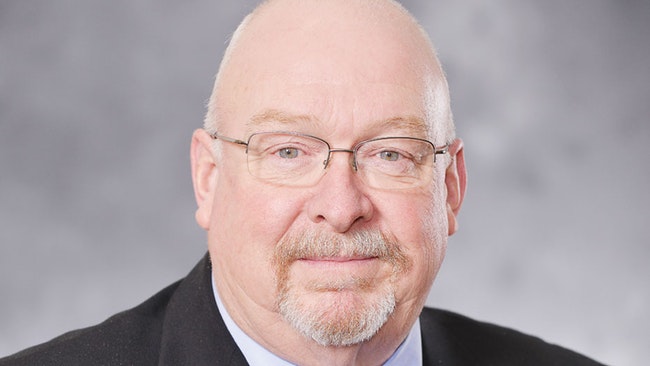
State Sen. Lynn Findley
SALEM – State Sen. Lynn Findley (R-Vale) says a new proposal to limit greenhouse gas emissions doesn’t clearly safeguard the rural areas of the state and isn’t much different from legislation that failed during the last legislative session.
Perusing the new plan over the weekend, he said he has grave doubts about it.
On Monday, Findley was one of five Oregon senators who listened to testimony about the proposal as part of the Senate Interim Committee on Environmental and Natural Resources. Findley is one of two Republicans on that committee.
The Monday hearing was called to take testimony, not to craft a bill for consideration when the Legislature convenes next month.
Findley recently was selected to fill the Senate seat left vacant by former Sen. Cliff Bentz, (R-Ontario), who stepped down to run for Congress.
Private talks between lawmakers last month produced a rough outline of the new plan to cut the states greenhouse gas emissions.
The previous attempt at an emissions cap bill – House Bill 2020 – triggered intense debate among lawmakers and spawned a nine-day walkout by Senate Republicans. The bill was sent back to committee, where it died.
House Bill 2020 proposed new emission standards that would apply to companies that discharged more than 25,000 metric tons of carbon dioxide equivalents each year. Carbon dioxide equivalents are part of a complicated scientific calculation that essentially measures how much greenhouse gas is entering the atmosphere.
[ KEEP YOUR LOCAL NEWS STRONG – SUBSCRIBE ]
In the 2019 proposal, firms – including fuel transportation companies – that exceeded the 25,000-metric ton limit would be required to buy special certificates, called allowances, at a state-sponsored auction. Firms then could trade those certificates on a specialized carbon market similar to ones already in place in California and Canada. The Oregon market would have been tied to the California and Canadian markets.
The new version to limit greenhouse gas emission appears to contain a number of changes aimed at providing oversight and protecting rural Oregonians from disproportional effects of fuel cost increases. Both issues were seen as central to the opposition to the 2019 concept.
Under the new plan rural counties would face an open-ended exemption for fuel providers to buy emission allowances.
Also, instead of the creation of a new agency to oversee a carbon emission limit program, the Oregon Department of Environmental Quality would manage it.
Findley, however, said Sunday that while proponents of the plan “advertise” rural areas of the state will not be impacted he isn’t sure that will be the case.
“It doesn’t say cities under 30,000 are going to be exempt from the program. I read it twice looking for the rural carve-out. The carve-out isn’t very strong,” he said.
Findley called the plan “kind of disappointing,” and said he didn’t trust it.
“I think it is worse than what they tried to push through last year,” he said.
Findley said he still believes any formula to limit the state’s greenhouse gas emissions must contain voter input.
“I see this as smoke and mirrors. Once you start it, there are not any off-ramps,” said Findley. “Nowhere in the summary (of the proposal) does it say urban areas only.”
News tip? Reporter Pat Caldwell: [email protected] or 541-473-3377.
For the latest news, follow the Enterprise on Facebook and Twitter.
SUBSCRIBE TO HELP PRODUCE VITAL REPORTING — For $5 a month, you get breaking news alerts, emailed newsletters and around-the-clock access to our stories. We depend on subscribers to pay for in-depth, accurate news produced by a professional and highly trained staff. Help us grow and get better with your subscription. Sign up HERE.




